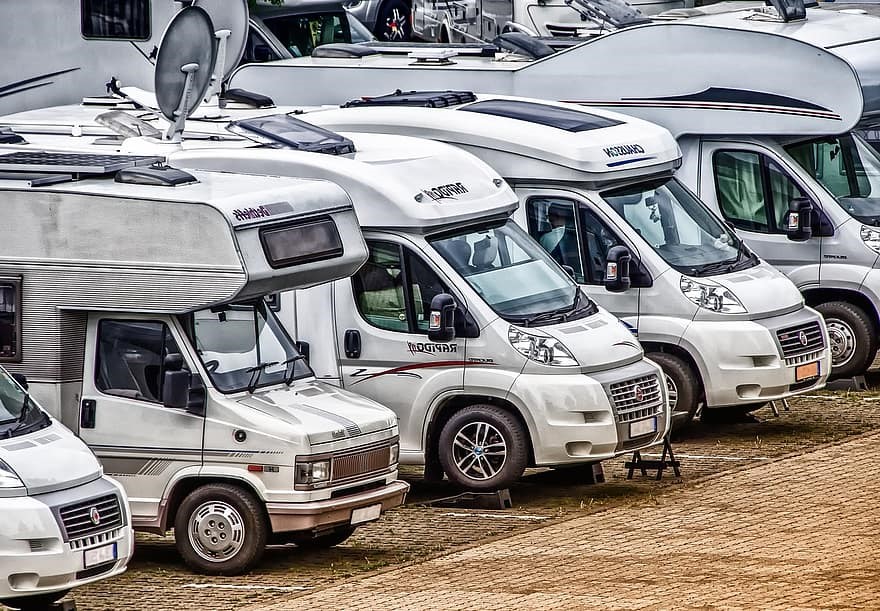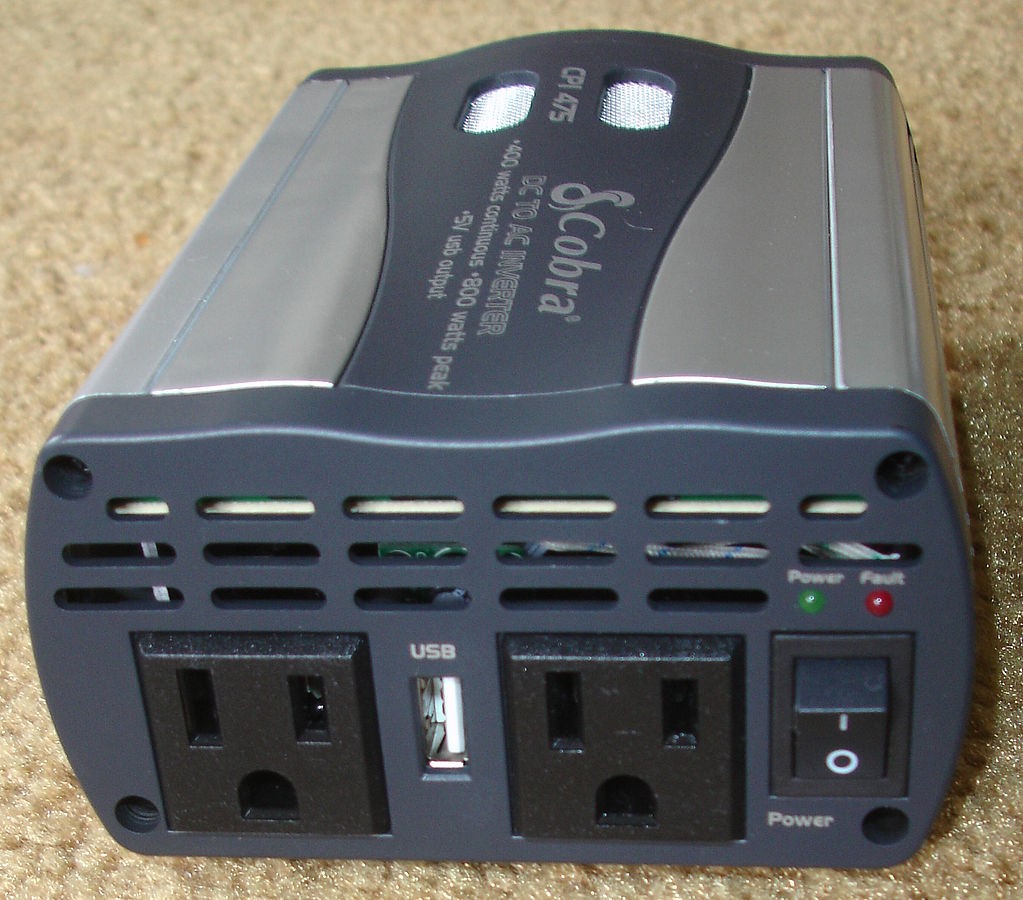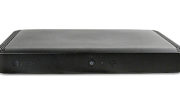Who doesn’t love Mother Nature? Sometimes it’s nice to just board your RV and leave the stressful rat race of town for a while to head off to who knows where and bask in the environment. It feels absolutely refreshing to bring around your home away from home for a spin.
Even now, with the pandemic raging on, camping continues to be a popular activity – and why wouldn’t it? Not only does it adhere to social distancing guidelines, it still provides an attractive opportunity for those stuck at home and feeling a sense of cabin fever to get out and about for once and savor in the air that they sorely missed.
However, just like before the pandemic, some old problems may arise. From sudden rain showers ruining what should be a perfectly sunny day to simply major boredom striking while you drive in the road. When going outside isn’t a possibility, you can still make the most out of your trip by having the right setup for your TV and gaming consoles.
Or maybe you simply just want to unwind in the inside after a long but fulfilling day outdoors. Having a great entertainment setup can help you relax and settle in and make you feel better for your next outing.
TV

For basic entertainment, your TV is a great place to start.
Not all RVs have a lot of space, and you may be hard pressed to find a place to fit in your television without you sweating bullets and hoping it stays still every time you turn a sharp curve.
That said, mounting your TV on the wall with a full motion mount ticks off two problems: Storage usage and stability.
Most modern RVs already have this option done, but some users of older outliers might want to keep this in mind when wanting to save on storage space.
You’ll also want to keep in mind about the content you want to have access to, which largely depends on the signal source available to your RV. Each has its own pros and cons:
- A standard antenna is the most common and is usually already built on most RVs, giving free broadcasts in full HD. However, it must be tucked in when driving and needs to be properly set up without obstructions interfering with the signal if you want to use it.
- Having a satellite dish is also very common, with hundreds of channels to choose from if you are already a subscriber. If you’re new to the scene, however, the high price tag of a satellite dish might seem quite daunting.
- More and more RVs are coming with Wi-Fi adapters, making streaming using platforms like Hulu and Netflix a viable option. This is especially true if you don’t want to rely on the schedule of television and instead focus on the shows that you actually want to watch. However, you’ll need to pay for a subscription fee for one or more platforms to use them, and some areas that you travel in may be too remote for the Wi-Fi signal to reach, and if there’s anything worse than having no Wi-Fi, it’s Wi-Fi buffering every two seconds.
- DVDs and Blu-Rays still have their opportunity to shine; they eliminate the need for signal in the first place, which is something all the above options require. However, the caveat is that you’ll need to provide the content you do want to watch by yourself.
Game consoles
Game consoles are a wonderful addition to any RV, and they will tickle a gamer camper’s fancy. A PS4 or Xbox can help make passing the time more fun while you wait.
Plus, they can even connect to your Wi-Fi and even stream Netflix and Hulu!
Powering them up

Source: https://commons.wikimedia.org/wiki/File:Cobra_CPI-475_400w_power_inverter_with_USB_front.jpeg
Not so fast though, you still need a way to power these gadgets up, and unlike at home where you can plug in anywhere, your many camper appliances will be sharing the electricity of your RV’s battery.
In such cases, you will need an RV inverter.
An RV inverter converts 12 volts of direct current (DC) power from the battery to 110 volts of alternating current (AC). This is significant because most household appliances run on AC.
Many RVs already come with an inverter, but not all of them. And even if your RV already has an inverter, it may not be of the right size, especially depending on what and how many appliances and game consoles you have.
Having an inverter is the only way to power the appliances such as your computer, TV, and game consoles, on your RV without being hooked to a generator or shore power. It’s a great investment for those aiming to be self-sufficient on the road. This is especially true should you find yourself in places where electrical hookups do not exist.
Wrapping Up
Focusing on the entertainment room in an RV might seem trivial at first, especially if you’re more of someone who wants to go outside, but you would also want to make the most out of your camping trip without feeling like you’ve wasted time.
Having different appliances can help stave off your boredom and brighten things up in the RV, while having the right RV Inverter can help power your appliances without needing a generator.





